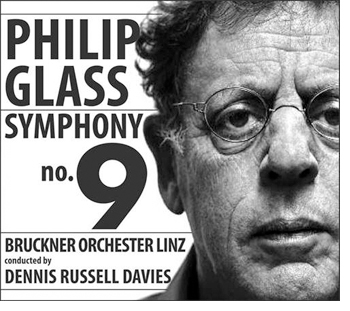 I was in a used bookstore the other day, leafing through a yellowing paperback copy of Peter Schaffer’s play Amadeus, about the life of Mozart. My index finger found the beautiful passage in which the embittered and mediocre composer Salieri speaks of the first time he heard the music of his detested rival:
I was in a used bookstore the other day, leafing through a yellowing paperback copy of Peter Schaffer’s play Amadeus, about the life of Mozart. My index finger found the beautiful passage in which the embittered and mediocre composer Salieri speaks of the first time he heard the music of his detested rival:
It started simple enough: just a pulse in the lower registers – bassoons and basset horns – like a rusty squeezebox… And then suddenly, high above it, sounded a single note on the oboe. It hung there unwavering, piercing me through, till breath could hold no longer, and a clarinet withdrew it out of me, and sweetened it to a phrase of such delight it had me trembling. (Shaffer, 2001, p. 27)
Amazing to think that some of the most graceful music ever composed came from the imagination of a young man, Mozart, who was, by most accounts, an immature, malicious and scatologically obsessed buffoon. And yet, this is, in a nutshell, the ambivalent history of humanity. The species that invented symphonic music and algebra invented as well mustard gas and the leg-hold trap. It was human beings who composed the 1812 Overture, and who detonated atomic bombs over Hiroshima and Nagasaki. Has there ever been such an inter-mingling ground of unutterable beauty and unspeakable horror as that found in the human brain?
Music, it has always seemed to me, is the greatest invention of our species. It is the defence we had best pin our hopes on when we’re finally called to account in the Great Celestial Court, as we stand naked before the Cosmic Empress. Yes, your magnificence, we are guilty of fouling our own nest. Guilty of misusing the gift of our immense imaginations in untold numbers of ways. Guilty of endless strings of senseless atrocities. Guilty of endless self-interest, apathy and detachment. Guilty, guilty, guilty as charged. But, on behalf of my unworthy species, if I may make just one small but salient point. If I may draw your attention to what happens when I hammer this stick against this hollow gourd, draw this bow across these strings, put my lips to this horn and blow. Listen as we fill the enchanted garden with night-blooming madrigals, celebrate the joy of a full life at a jazz funeral in the French Quarter, and sing our sons and daughters to dream-filled sleep.
It is not enough, perhaps, to excuse all of the wrongs we have done. But it’s something to listen to in the darkness of a winding-down world.
Reference
Shaffer, P. (2001). Amadeus: A Play by Peter Shaffer. 1st Perenn edition. Harper Perennial.

